Collaborations
Screen Language loves a challenge – be it linguistic, technical or conceptual. Here are some projects that took on these challenges and pushed the boundaries of our work – and other impact projects that we are particularly proud of.
- All Projects
- Academic and Research
- Innovation and Technology
- Multilingualism and Endangered Languages
- Museums and Exhibitions
![Iorram [Boat Song]](https://screenlanguage.co.uk/wp-content/uploads/2022/05/Iorram.jpeg)
Iorram (Boat Song)
We created the first ever fully accessible film in Scottish Gaelic by curating the production of its Gaelic captions and audio description. For more information about the film, please follow this link.

The My Sound Cinema Project
The My Sound Cinema Project aims to create the first online cinema platform designed for and built alongside the visually impaired people (VIP) community. With new and existing cinema releases, Sound Cinema is committed to offering a new and accessible AD cinema experience, to bring audio described cinema to the comfort of everyone’s home.
Supported by Creative Informatics, Innovate UK, Film Hub Scotland and TheSpace, and created in collaboration with the Royal National Institute for the Blind and Sight Scotland, the platform will launch in September 2022.
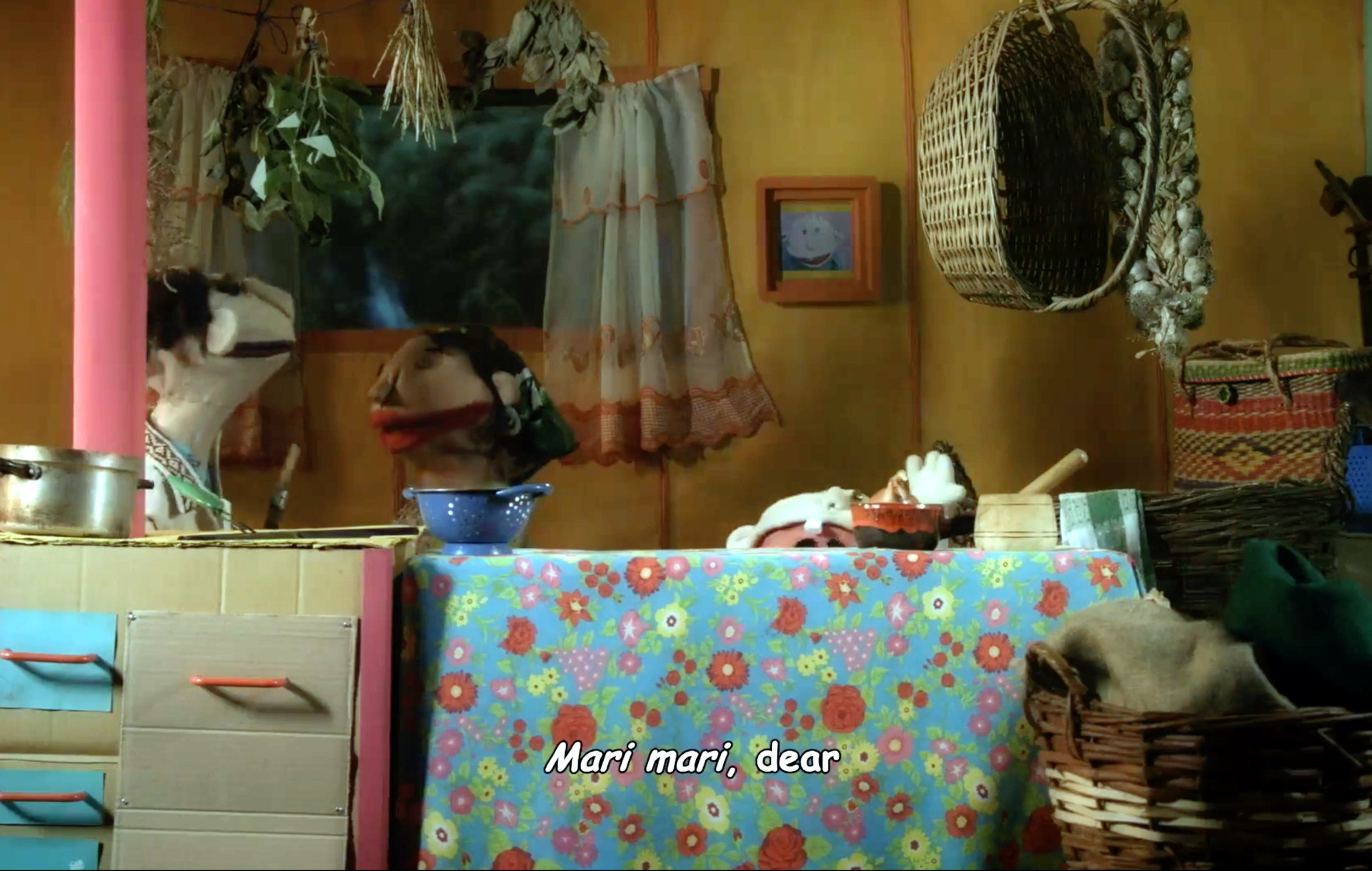
Indigenous Cinematics in Latin America
We collaborated on the AHRC-funded Indigenous Cinematics project run by the University of Edinburgh aiming to attract a wider audience towards indigenous Latin American film and its filmmakers. The project was carried out in partnership with the Latin American Coordinating Council for Indigenous Film and Media (CLACPI).
In 2020, the films were screened at the Mother Tongue Film Festival in Washington, D.C.
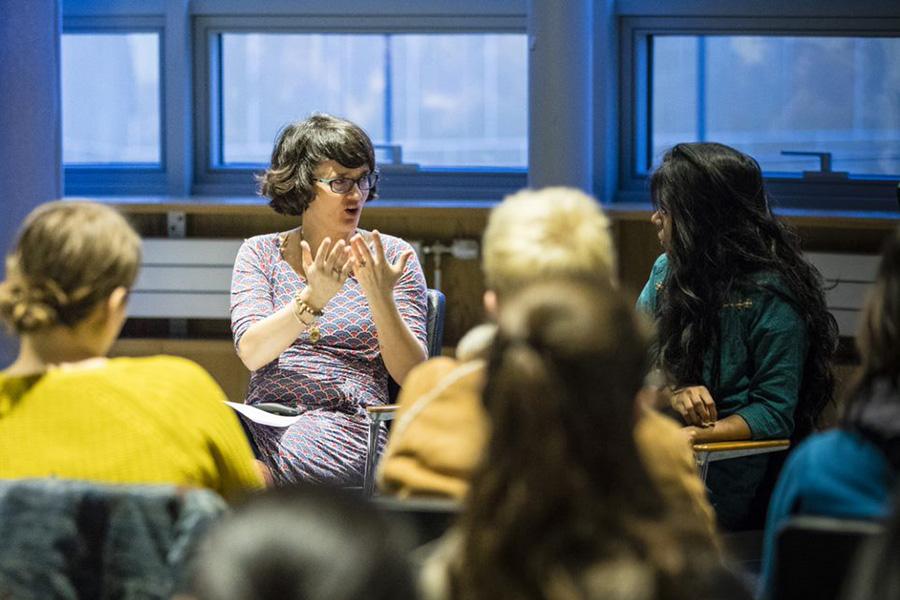
The Ethical Demands of Translating Gender-Based Violence
This project, funded by the Arts and Humanities Research Council (AHRC), aims to draft best practices for audio-visual translation, dubbing and subtitling whilst dealing with trauma and gender-based violence on film.
Working with Dr Charlotte Bosseaux from the University of Edinburgh and Saheliya, a Scottish-based charity who specialise in wellbeing support for minority groups, we will be subtitling and creating voice overs for testimonies told by survivors, as well as acting as consultants for the whole linguistic side of the project.
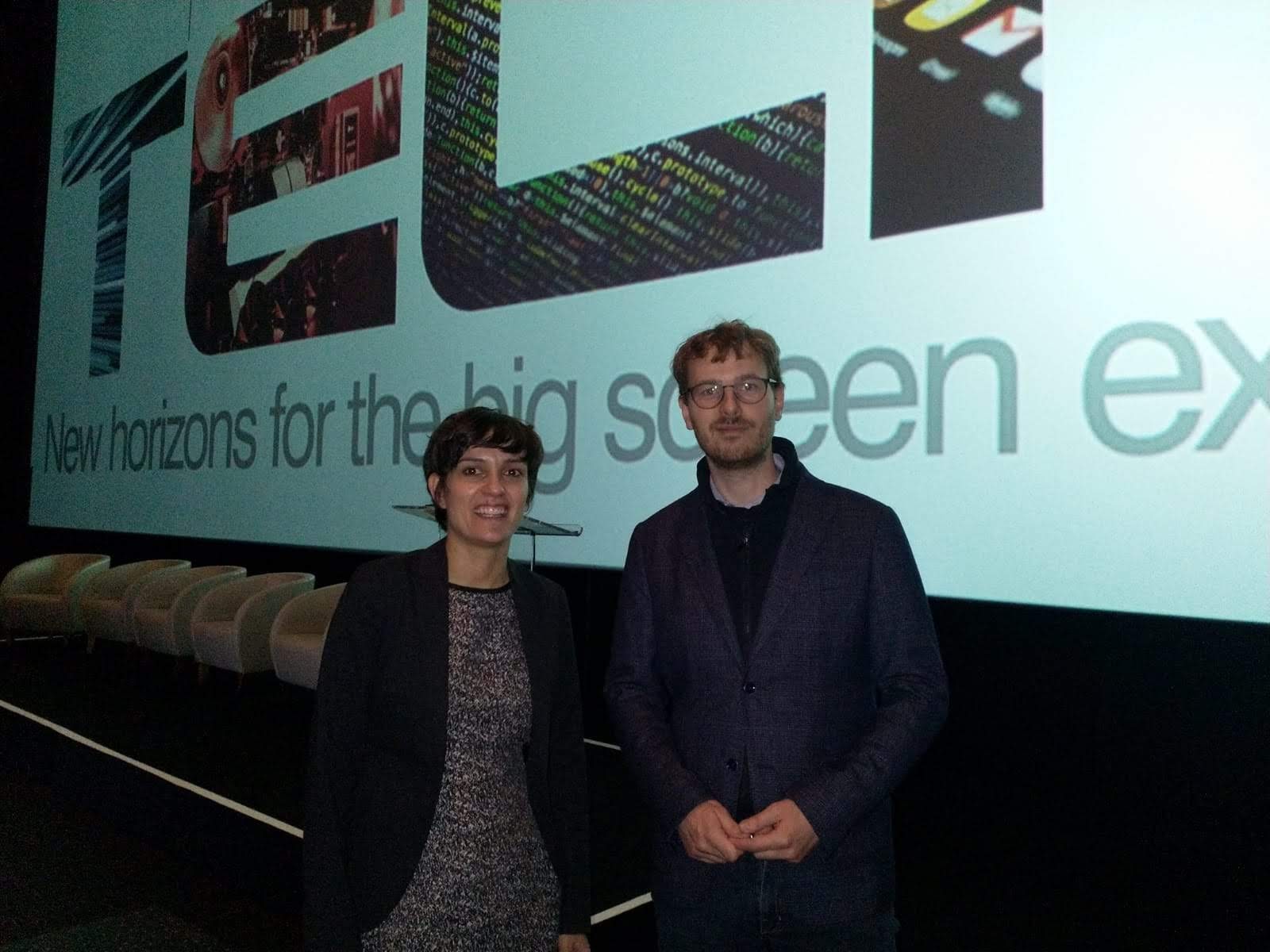
UKCA Tech Challenge
This project funded by UK Cinema Association aimed to find a new way to screen captions in cinemas to replace the current smart glasses technology.
Screen Language established a collaboration with science and technology research company Lumakia and coordinated the research carried out by Fraunhofer Centre for Applied Photonics in Glasgow.
We developed and tested two innovative working concepts based on light physics, which were presented at the UKCA Tech conference in London in 2019.
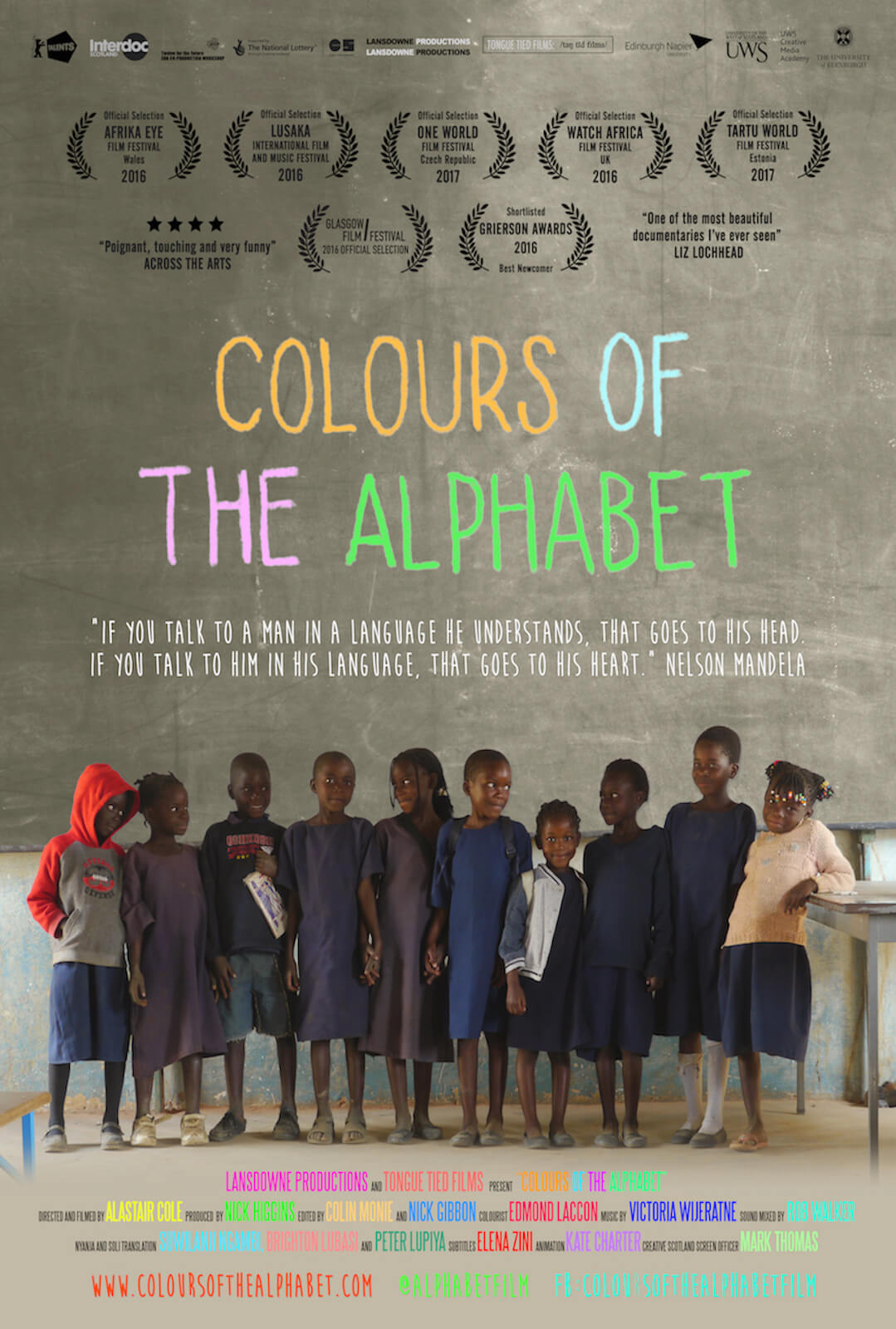
Colours of the Alphabet
Colours of the Alphabet is a film about education in languages other than your native tongue. Different colours were used to identify each language spoken on screen.
We consulted on the creation of the African Film Translation Network with film director Alastair Cole, supporting the training of new subtitlers into 25 different African languages.
This project was funded by the Economic and Social Research Council (ESRC) and released into 30 languages across Africa.
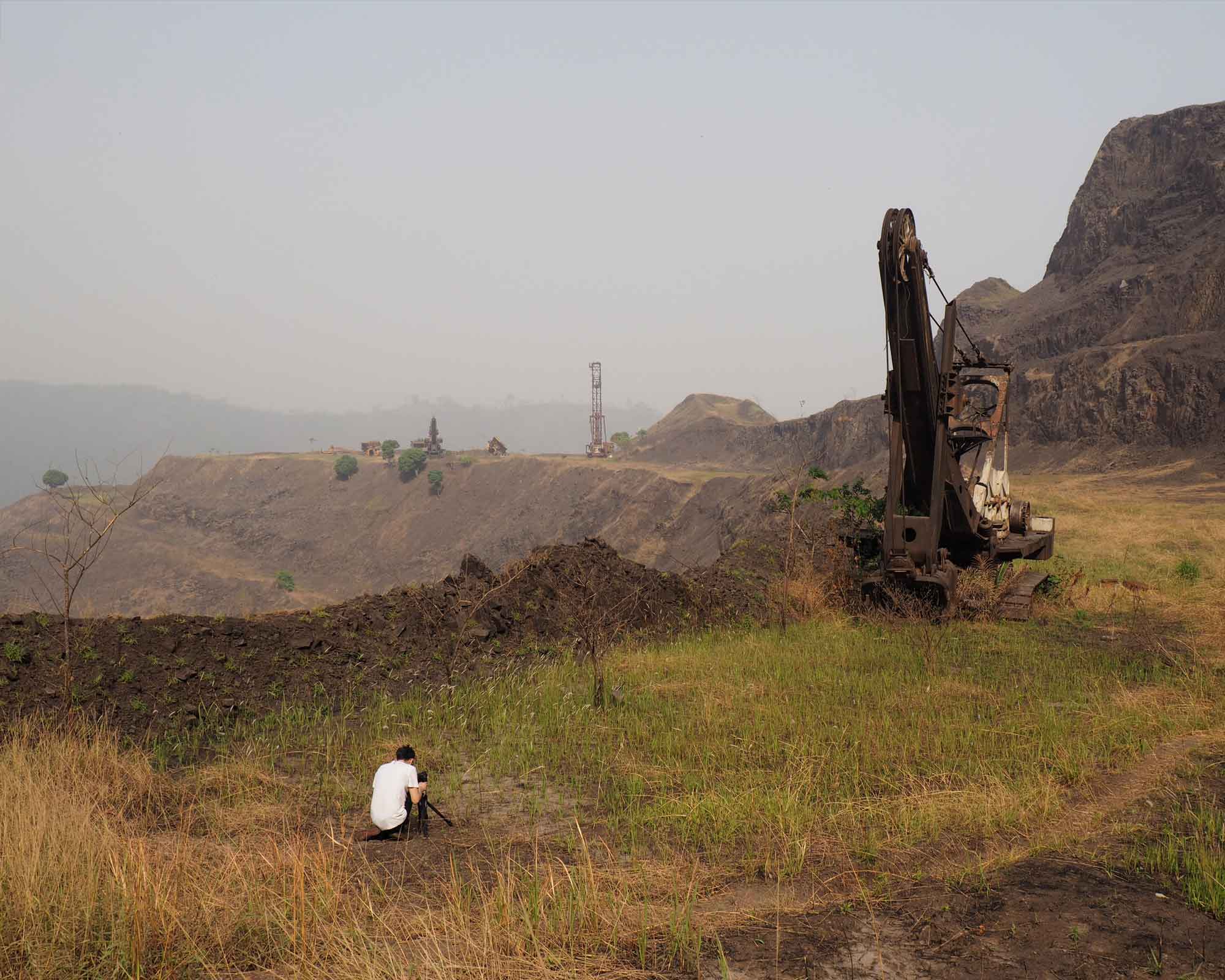
Uppland
We believe we have created a world first with our recent project Uppland, a film in which we created Mano subtitles and voiceover for.
Mano is an indigenous language native to northern Liberia and parts of Guinea which has officially less than 400,000 speakers and is rarely found in written form.
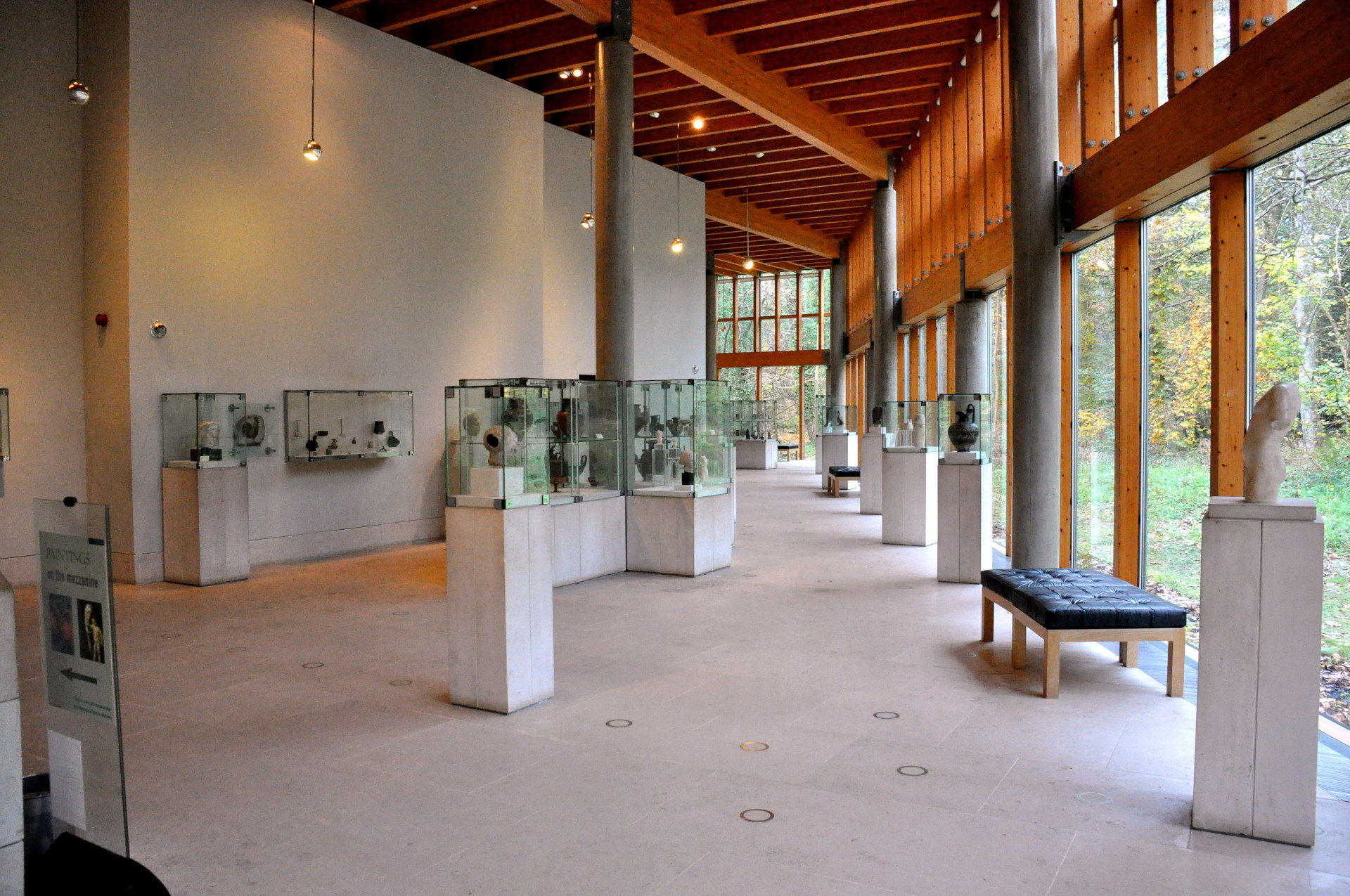
The Burrell Collection
With the reopening of The Burrell Collection in Glasgow’s Pollock Country Park, we have provided the translation and voiceover of all the interactive video content into 10 different languages, including BSL and Scottish Gaelic.
Alongside exhibition content, we have translated museum information which can now be accessed on adjustable, interactive screens in these languages.
Collaboration Enquiry
If you would like to collaborate with us on a project, please contact us via email or fill in the handy form.
Working with Screen Language
Screen Language is always looking for brilliant translators, subtitlers, audio describers and voice actors. If you are interested in a career with our company, please email us your CV.